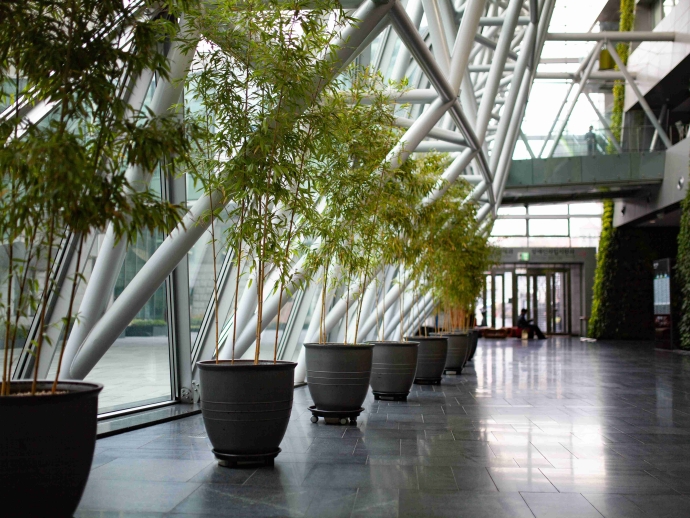Green Building Certification: How Solar Contributes to LEED Points

Imagine living in a world where buildings not only provide shelter but also help protect the environment. This is exactly what green building certifications like LEED (Leadership in Energy and Environmental Design) aim to achieve. In this blog, we'll explore how solar energy contributes to earning these valuable points.
What is LEED Certification?
LEED is a system developed by the U.S. Green Building Council (USGBC) to evaluate how environmentally friendly a building is. It's like a report card for buildings, showing how well they perform in terms of sustainability. LEED certification levels range from Certified to Platinum, depending on how many points a building earns. These points are awarded across several categories, including Energy and Atmosphere, Sustainable Sites, Innovation, Location and Transportation, and Materials and Resources.
How Does Solar Energy Help?
When you think about solar energy, you might just think of solar panels on rooftops. But solar energy can do much more than just generate electricity. It can also help buildings earn LEED points in several ways:
-
Energy and Atmosphere (EA): This category is all about reducing energy consumption and using renewable energy sources. By installing solar panels, you can significantly reduce your reliance on non-renewable energy sources like coal or gas. The more energy you produce from solar, the more points you can earn. For example, if solar energy covers a large portion of your building's energy needs, you can earn points for Optimize Energy Performance and Renewable Energy Production.
-
Sustainable Sites (SS): Solar panels can also help reduce the heat island effect, which is when urban areas become hotter than surrounding rural areas due to pavement and buildings absorbing heat. By providing shade, solar panels can cool down these areas, making them more comfortable and earning you points in this category.
-
Innovation (IN): If you use solar energy in a creative or innovative way, you might earn extra points here. For instance, using solar carports not only generates electricity but also provides shaded parking, which can be a great innovation.
Calculating LEED Points
To understand how solar contributes to LEED points, let's look at how points are calculated:
-
Total Points Available: There are up to 110 points available across all categories. You need at least 40 points to achieve the lowest level of certification, Certified, and up to 80 points for the highest level, Platinum.
-
Solar's Contribution: Solar energy can significantly contribute to points, especially in the Energy and Atmosphere category. By reducing your building's carbon footprint and using renewable energy, you can earn a substantial number of points.
Documentation Requirements
To get LEED certified, you need to document everything thoroughly. This includes:
-
Registration and Application: You must register your project and submit detailed documentation, including a project narrative and all relevant LEED-Online submittals.
-
Prerequisites and Credits: You need to show that your building meets all the prerequisites and earns credits across various categories. For solar energy, this means documenting how much energy your solar panels produce and how they contribute to reducing your building's energy consumption.
-
Third-Party Verification: After submitting your documentation, your project will be reviewed by the Green Building Certification Institute (GBCI). They ensure that all the information is accurate and that your building truly meets the LEED standards.
Conclusion
Incorporating solar energy into your building design is not just good for the environment; it can also help you achieve higher levels of LEED certification. By understanding how solar contributes to LEED points and following the documentation requirements, you can create buildings that are both sustainable and recognized for their environmental stewardship. So, whether you're building a new home or a large commercial building, consider how solar energy can help you go green and earn those valuable LEED points!

